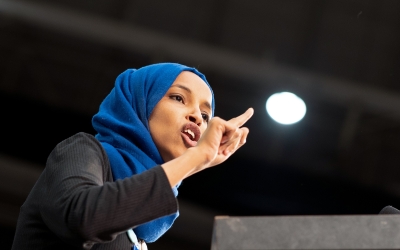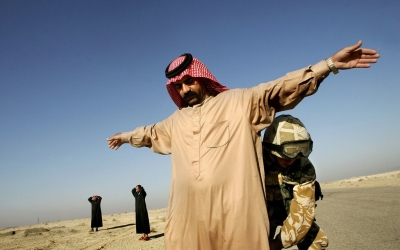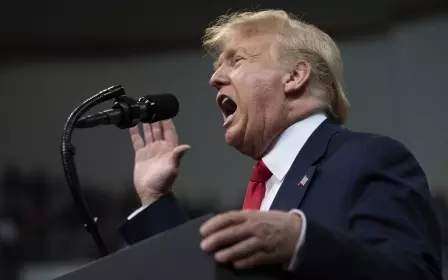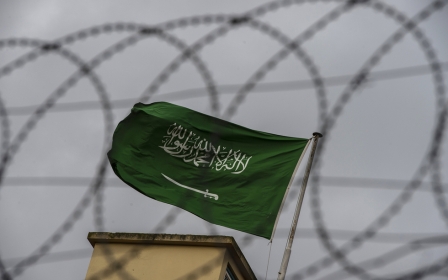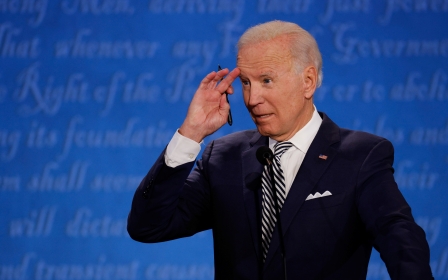US lawsuit challenges Trump's sanctions against ICC
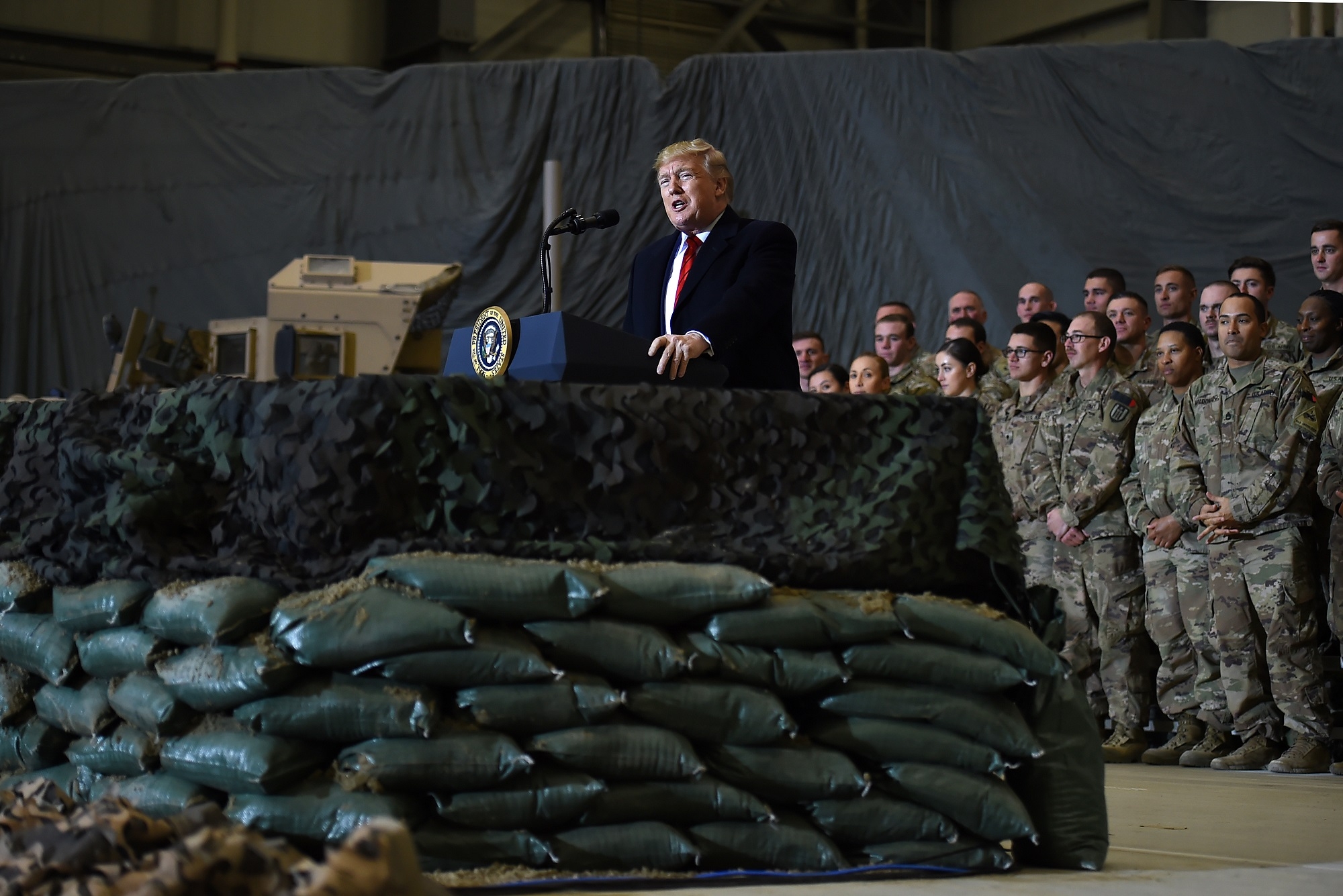
A human rights group, along with four law professors, has filed a lawsuit against the US President Donald Trump's administration in an attempt to block Washington's sanctions against the International Criminal Court (ICC), arguing that the measures undermine their right to advocate for international justice.
The lawsuit, filed by the Open Society Justice Initiative, Diane Marie Amann, Gabor Rona, Milena Sterio and Margaret deGuzman at a US district court in New York on Monday, comes a month after the US administration imposed sanctions on top ICC officials.
The sanctions are in response to ICC investigations into alleged war crimes committed by US troops in Afghanistan and a probe into Israeli abuses.
The lawsuit seeks to suspend the executive order that imposed the sanctions, while the courts assess its legality.
"The plaintiffs, all who speak, write, and advocate about international justice issues around the world, contend that it irreparably harms their professional work," the Justice Initiative said in a statement.
The administration had said that the sanctions were in response to the court's "illegitimate assertions of jurisdiction over personnel of the United States and certain of its allies".
James Goldston, executive director of the Open Society Justice Initiative, called the executive order a "reckless assault" on the ICC and the victims that it serves.
"By issuing this outrageous order, the Trump administration has betrayed Washington’s long-standing support for international justice, snubbed its allies, and violated the US Constitution," Goldston said in a statement.
The lawsuit names President Donald Trump and several members of his cabinet, including Secretary of State Mike Pompeo, as defendants.
Last month, Pompeo called the ICC "corrupt" and "illegitimate", noting that Washington had never signed up to the Rome Statute that established the court.
ICC and Israel
Last month's executive order did not identify Israel by name, merely mentioning America's "allies".
Still, in June, Pompeo defended Israel against an ICC investigation after announcing the first round of sanctions.
"Given Israel's robust civilian and military legal system and strong track record of investigating and prosecuting wrongdoing by military personnel, it's clear the ICC is only putting Israel in its crosshairs for nakedly political purposes. It's a mockery of justice," he said.
Israeli Prime Minister Benjamin Netanyahu welcomed the US sanctions at the time, decrying the ICC as a "kangaroo court".
Late last year, ICC prosecutor Fatou Bensouda announced a full-scale investigation into Israeli violations against Palestinians in the West Bank and Gaza.
"I am satisfied that there is a reasonable basis to proceed with an investigation into the situation in Palestine," Bensouda said in a statement in December.
"In brief, I am satisfied that war crimes have been or are being committed in the West Bank, including East Jerusalem, and the Gaza Strip."
A pre-trial report released in January said the investigation would focus on alleged war crimes committed by Israel in the 2014 war on Gaza, the transfer of Israeli civilians into the occupied West Bank and the shooting of protesters during the Great March of Return.
Israeli officials have strongly condemned the investigation, arguing that the Palestinian Authority's request for an international probe is void because Palestine is not a sovereign state.
Middle East Eye delivers independent and unrivalled coverage and analysis of the Middle East, North Africa and beyond. To learn more about republishing this content and the associated fees, please fill out this form. More about MEE can be found here.


